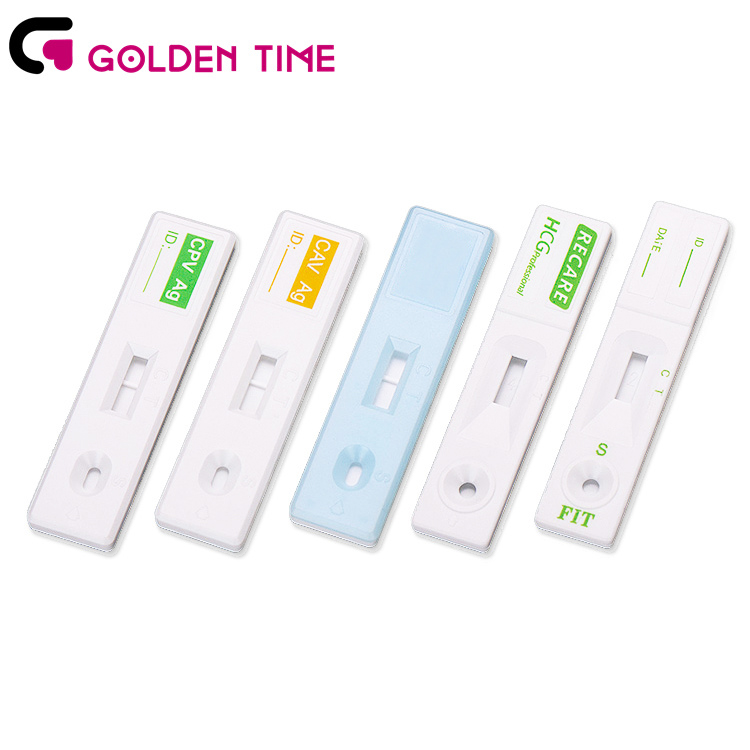Jul . 29, 2024 06:11 Back to list
Suppliers of Reliable H Pylori Test Kits for Accurate Diagnosis and Health Monitoring
The Importance of H. pylori Test Kits and Suppliers in Modern Healthcare
Helicobacter pylori (H. pylori) is a type of bacteria that can infect the stomach, leading to various gastrointestinal issues, including peptic ulcers and chronic gastritis. The effective diagnosis and management of H. pylori infections are critical for preventing more severe health complications, which is where H. pylori test kits play a vital role. Given the increasing prevalence of H. pylori-related diseases, the demand for reliable test kits and their suppliers has grown significantly.
Understanding H. pylori and Its Impacts
H. pylori is a gram-negative bacterium that is estimated to infect over half of the global population. Many infected individuals remain asymptomatic, which can lead to delayed diagnosis and treatment. For those who do show symptoms, common complaints include abdominal pain, bloating, and nausea. If left untreated, H. pylori infections can lead to more severe conditions like peptic ulcers and even stomach cancer.
Given these potentially severe outcomes, early detection and appropriate treatment are crucial. H. pylori test kits facilitate this process by allowing healthcare providers to quickly and accurately diagnose infections. These kits come in various forms, including breath tests, blood tests, and stool antigen tests, each offering different advantages depending on the clinical scenario.
The Role of H. pylori Test Kit Suppliers
The effectiveness of H. pylori diagnosis largely depends on the quality of test kits. Suppliers play a critical role in ensuring that healthcare providers have access to the most accurate and reliable testing options. The key suppliers of H. pylori test kits utilize advanced technology both in production and in ensuring that their products meet international standards for medical devices.
These suppliers not only provide test kits but also support healthcare facilities with training, technical assistance, and resources to help interpret test results accurately. Strong partnerships between healthcare providers and suppliers can enhance the efficiency of diagnosis and treatment processes.
Choosing the Right Supplier
h pylori test kit suppliers

When selecting a supplier for H
. pylori test kits, healthcare providers should consider several factors1. Quality Assurance Suppliers should provide certifications proving that their products meet international regulations and standards, such as ISO and CE certifications.
2. Technology and Innovation The best suppliers utilize the latest technologies to develop their test kits, ensuring higher accuracy, quicker results, and improved patient comfort.
3. Customer Support A reputable supplier should offer excellent customer service, including assistance with kit usage, training for medical personnel, and a reliable supply chain to prevent shortages.
4. Reputation and Reviews Feedback from other healthcare professionals and institutions can offer insights into the reliability and effectiveness of a supplier’s products.
5. Cost-effectiveness While quality should be a priority, the pricing of test kits is also an important consideration, especially for healthcare facilities operating under tight budgets.
The Future of H. pylori Testing
The market for H. pylori test kits is evolving, with ongoing research leading to the development of new and more efficient testing methods. Suppliers who invest in innovation and adapt to the changing needs of healthcare providers will play a crucial role in the future of H. pylori diagnostics. The integration of digital health technologies, such as telemedicine and artificial intelligence, may soon enhance the testing process, making it more accessible and reliable.
In conclusion, H. pylori test kits are essential tools in identifying a widespread bacterial infection that can lead to serious health issues. Reliable suppliers of these diagnostic kits are vital partners in the healthcare ecosystem, facilitating early detection and appropriate management of H. pylori infections. As the demand for effective testing solutions increases, both quality and innovation will continue to shape the landscape of H. pylori diagnostics.
-
Dengue NS1 Rapid Diagnostic Test Kit
NewsMar.07,2025
-
Dengue NS1 Rapid Diagnostic Test Kit
NewsMar.07,2025
-
Dengue NS1 Rapid Diagnostic Test Kit
NewsMar.07,2025
-
Transferrin Rapid Test Cassette Tumor Marker TF Card
NewsMar.07,2025
-
Malaria Pf Pan Rapid Diagnostic Test Kit
NewsMar.07,2025
-
malaria pf / pan ag rapid test
NewsMar.07,2025

